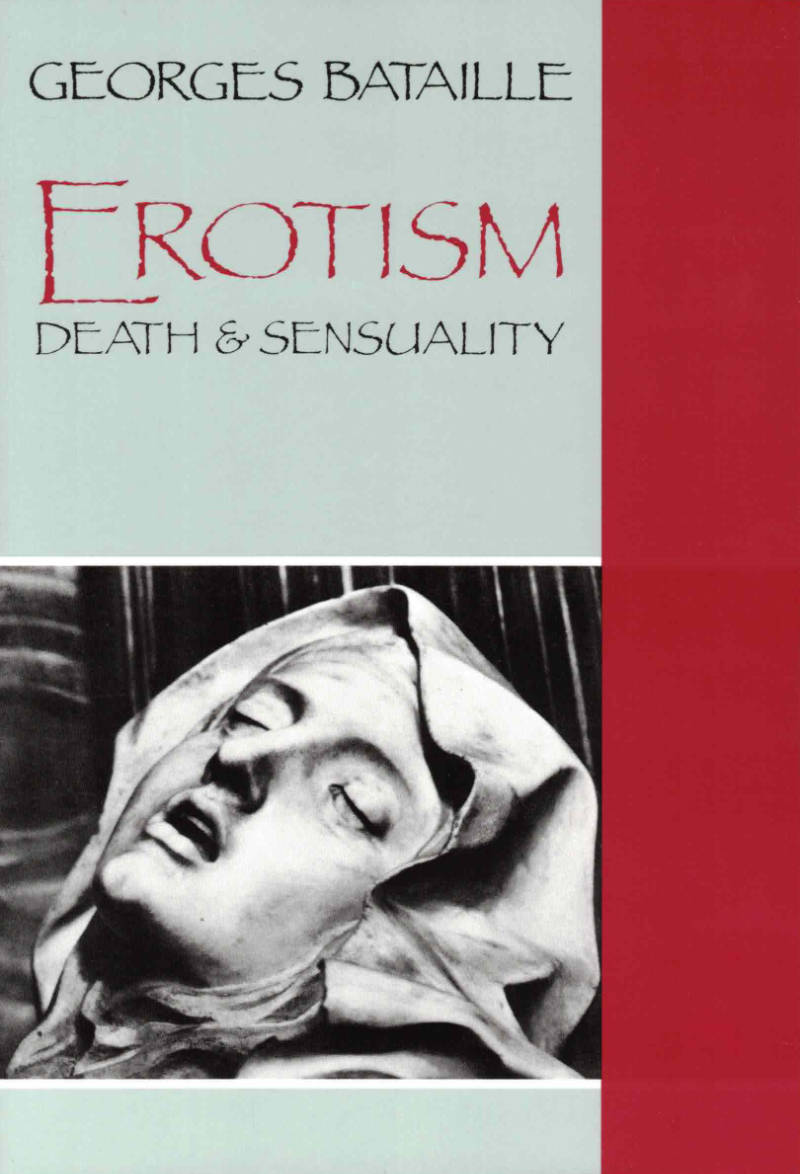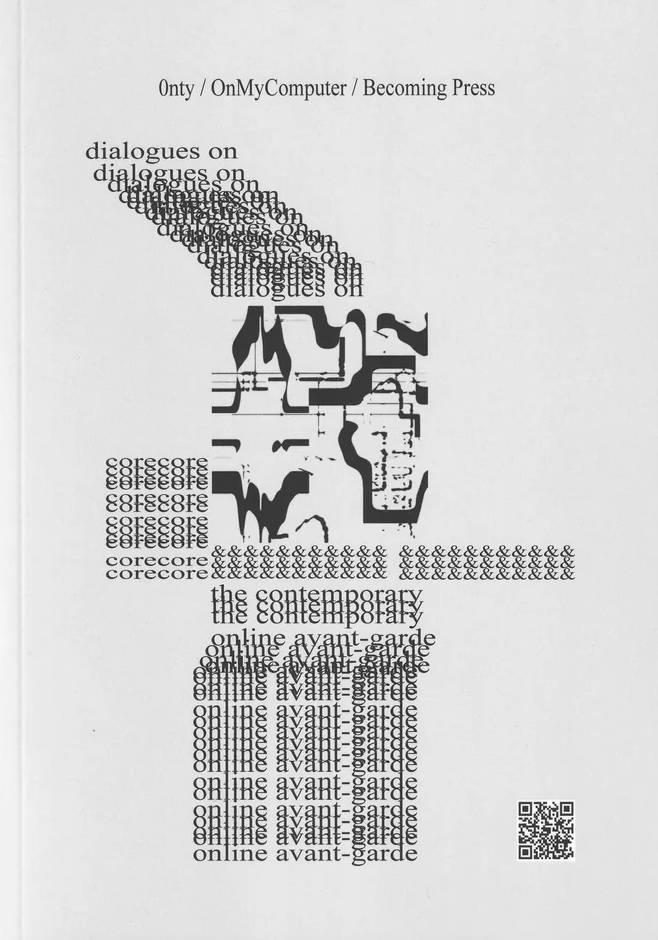
Without Alibi
This book brings together five essays by Jacques Derrida, which advance his reflections on many issues: lying, perjury, forgiveness, confession, the profession of faith, and, most recently, cruelty, sovereignty, and capital punishment.
Strongly linked by their attention to "performatives" and the "as if," the essays show the necessity of thinking beyond the category of acts that are possible for a subject. Derrida argues forcefully that thought must engage with the im-possible, that is, the order of the unforeseeable event, the absolute future still to come. This acute awareness of the limits of performative programs informs the essays throughout and attunes them closely to events of a world undergoing "globalization."
The first essay, "History of the Lie," reviews some classic and modern definitions of the lie (Augustine, Rousseau, Kant, Koyré, Arendt), while renewing questions about what is called lying, as distinguished from other forms of nontruth. This inventive analysis is followed by "Typewriter Ribbon," which examines at length the famous lie recounted by Rousseau in his Confessions, when he perjured himself by accusing another of his own crime.
Paul de Man's reading of this textual event is at the center of Derrida's patient, at times seriously funny analyses. " Le parjure, Perhaps" engages with a remarkable novel by Henri Thomas that fictionalizes the charge of perjury brought against Paul de Man in the 1950s. Derrida's extraordinary fineness as a reader and thinker of fiction here treats, to profound effect, the "fatal experience of perjury."
The two final essays, "The University Without Condition" and "Psychoanalysis Searches the States of Its Soul," address the institutions of the university and of psychoanalysis as sites from which to resist and deconstruct the nontruth or phantasm of sovereignty. For the university, the principle of truth remains at the core of its resistance; for psychoanalysis, there is the obligation to remain true to what may be, Derrida suggests, its specific insight: into psychic cruelty. Resistance to the sovereign cruelty of the death penalty is just one of the stakes indicated by the last essay, which is the text of a keynote address to the "States General of Psychoanalysis" held in Paris, July 2000.
Especially for this volume, Derrida has written "Provocation: Forewords," which reflects on the title Without Alibi while taking up questions about relations between deconstruction and America. This essay-foreword also responds to the event of this book, which Peggy Kamuf in her introduction presents as event of resistance.
Without Alibi joins two other books by Derrida that Kamuf has translated for Stanford University Press: Points . . .: Interviews, 1974-1994 (1994) and Resistances of Psychoanalysis (1998).
Language: English





